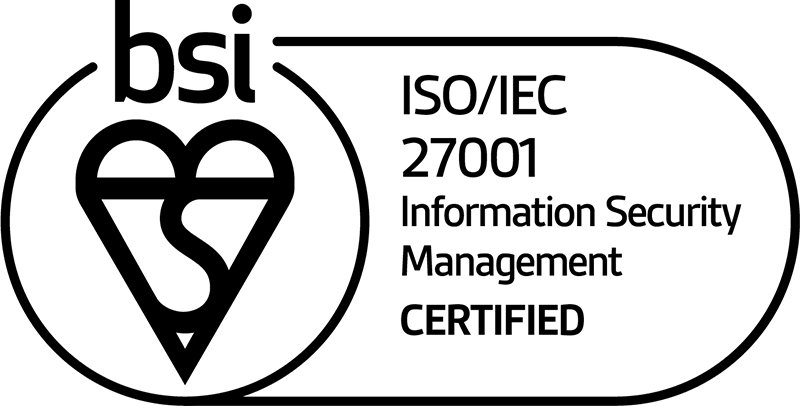Information classed as confidential
This information has a significant value for Oxford Brookes University, another organisation or individual. Wrongful disclosure could impact the reputation or standing of an organisation or an individual, the safety of an individual or could cause significant financial loss. Information of this type is shared on a “need to know basis” only. This classification will include Special Category of Personal Data as defined in Data Protection Law. Large amounts of datasets of information which would otherwise be classified as “Restricted” were it a smaller amount, may become classified as “Confidential” by merit of the quantity of data involved. If in doubt as to whether a dataset is large, query this with the Information Security team by email using info.sec@brookes.ac.uk
Typical content might be:
- emails and documents containing large amounts (200+ records) of student personal data - grades, names and addresses,
- HR records
- student wellbeing records
- emails and documents that include special category personal data of staff and students - race, ethnicity, religion, health, political beliefs, genetic or biometric data, trade union membership, criminal convictions and sexual orientation.
- materials received from third-parties that are proactively marked as ‘confidential’.

